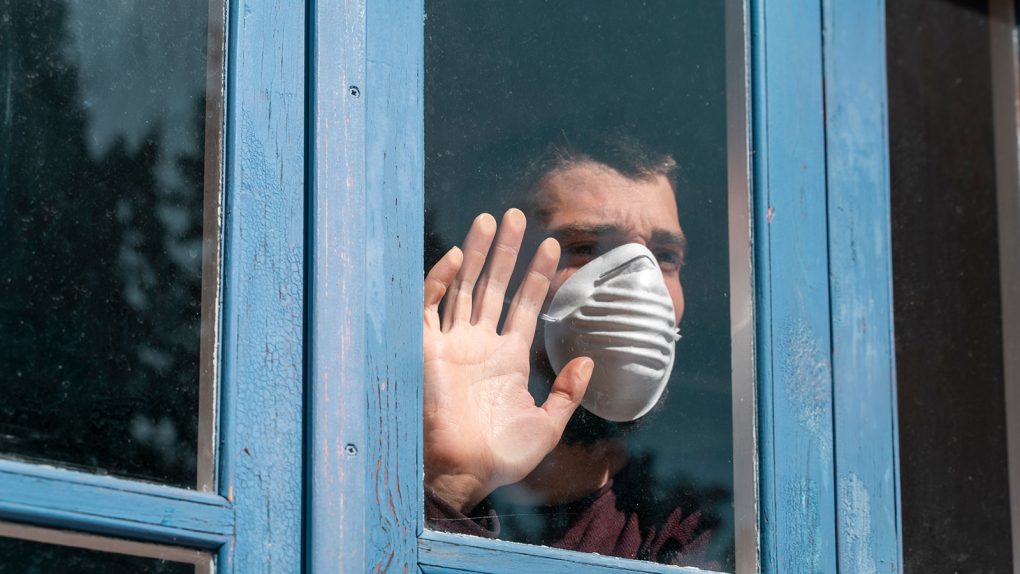- Members of the National Academy of Sciences committee sent a letter to the White House Office of Science and Technology Policy warning the administration that warmer weather won’t stop the spread of the novel coronavirus.
- President Trump said in the past that warmer weather will make the virus disappear “miraculously,” starting in April.
- COVID-19 caseloads in countries with warmer climates, as well as coronavirus cases from warm US states like California and Florida, prove the virus can be very infectious regardless of the weather.
- Visit BGR’s homepage for more stories.
President Trump has said on more than one occasion that warmer weather will kill the novel coronavirus. He’s wrong. “When it gets a little warmer, it miraculously goes away,” he said at a rally in New Hampshire on February 10th. The US had only 12 cases at the time, although countries from warmer climates, including Australia and Singapore, were providing direct evidence that warmer weather would not kill the virus or reduce its contagiousness. In total, there were more than 42,000 cases in the world on that day, most of them in mainland China.
Two months and nearly 1.5 million cases later, it’s increasingly clear that weather alone can’t defeat the virus. The increasing caseloads in Florida and California also prove that point. Scientists have even more data on the SARS-CoV-2 survivability in various environments, and some of them have sent the White House an official letter to warn that a heatwave will do little to stop the COVID-19 spread.
Members of the National Academy of Sciences committee sent the letter to the White House Office of Science and Technology Policy, explaining there’s not enough evidence to suggest that the novel coronavirus will stop spreading in the coming months just because it’s warmer outside.
“There is some evidence to suggest that [coronavirus] may transmit less efficiently in environments with higher ambient temperature and humidity; however, given the lack of host immunity globally, this reduction in transmission efficiency may not lead to a significant reduction in disease spread without the concomitant adoption of major public health interventions,” the letter said. “Given that countries currently in ‘summer’ climates, such as Australia and Iran, are experiencing rapid virus spread, a decrease in cases with increases in humidity and temperature elsewhere should not be assumed.”
The letter noted that a study from China revealed that the virus still spreads exponentially under extreme temperature and humidity conditions. Each infected person would still be spreading the disease to nearly two more people. The letter also notes that some studies showed reduced transmission in warmer and more humid conditions, but it’s not enough. One researcher showed that the novel coronavirus could live longer than the flu, tuberculosis, and the coronavirus type that caused the SARS epidemic nearly two decades ago.
Other studies that measured the time the new coronavirus can survive on different surfaces also looked at how the virus performed at different temperatures. One of the conclusions was that only extreme heat can kill the virus, the kind of heat we could never survive in. The virus was inactivated in just 5 minutes at 70°C/158°F. A study from 2003 also showed that the SARS coronavirus could survive at up to “[37°C/98.6°F] for at least 2h without remarkable change in the infectious ability in cells.”
“Although we can hope weather will make some contribution to the reduction in transmission, we can’t rely on it alone,” infectious disease specialist at Vanderbilt University Medical Center Dr. William Schaffner told CNN. “We have to continue to employ social distancing and other measures to reduce transmission,” the doctor, who isn’t a member of the NAS committee, added.








